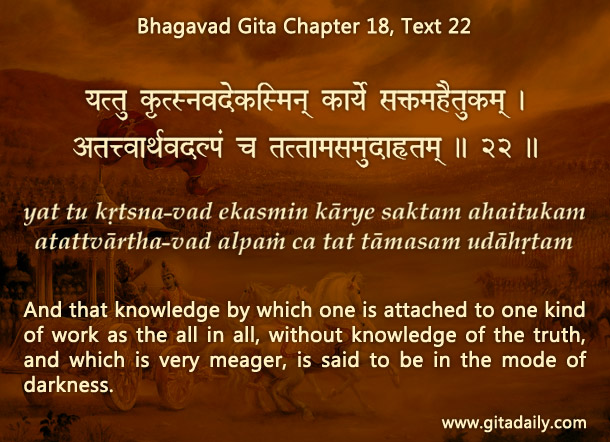When positive thinking affects our life negatively – “Think positively,” is an oft-circulated message in our self-help steeped culture. And it’s helpful to the extent it encourages us to look at a glass as half-full rather than as half-empty.
Still, sometimes the glass is plain empty. And it’s empty because it has too many holes to hold any water. We just need to find a new glass. Similarly, in life, some of our plans end up as embarrassing failures — and they fail because they had too many holes to be workable or even salvageable. We just need to move on to something new.
Suppose a student aspires to graduate from a premier institute like IIT. Suppose they try and fail, and retry and fail again, and retry and fail yet again. Driven by positive thinking, they spend ten years trying in vain to get into IIT. Maybe if they had accepted that IIT was not meant to be for them, they could have used those ten years to advance their career along an alternative trajectory.
If positive thinking propagates that everything can be changed, then it puts us in denial of reality. Many things in life are painfully unchangeable: death and terminal disease, for example. Even if something is not that irreversible, still trying to reverse it might cost too much in other areas of our life. Fixating on one thing without considering the big picture characterizes knowledge in the mode of ignorance (Bhagavad-gita 18.22). If positive thinking makes us pin our hopes on one thing alone at the cost of everything else, then it distorts our perception of reality.
When we accept reality unsentimentally and then assess our options realistically — and do all this thinking optimistically — then such positive thinking takes our life in a healthy direction.
One-sentence summary:
Positive thinking helps when grounded in accepting and assessing reality and harms when founded in denying and distorting reality.
Think it over:
- When does the half-full glass metaphor become inapplicable?
- How can positive thinking end up distorting or denying reality?
- When does positive thinking lead our life in a healthy direction?
***
18.22: And that knowledge by which one is attached to one kind of work as the all in all, without knowledge of the truth, and which is very meager, is said to be in the mode of darkness.
To know more about this verse, please click on the image
Explanation of article:
Podcast:


Hare krishna… Very well related to Geeta